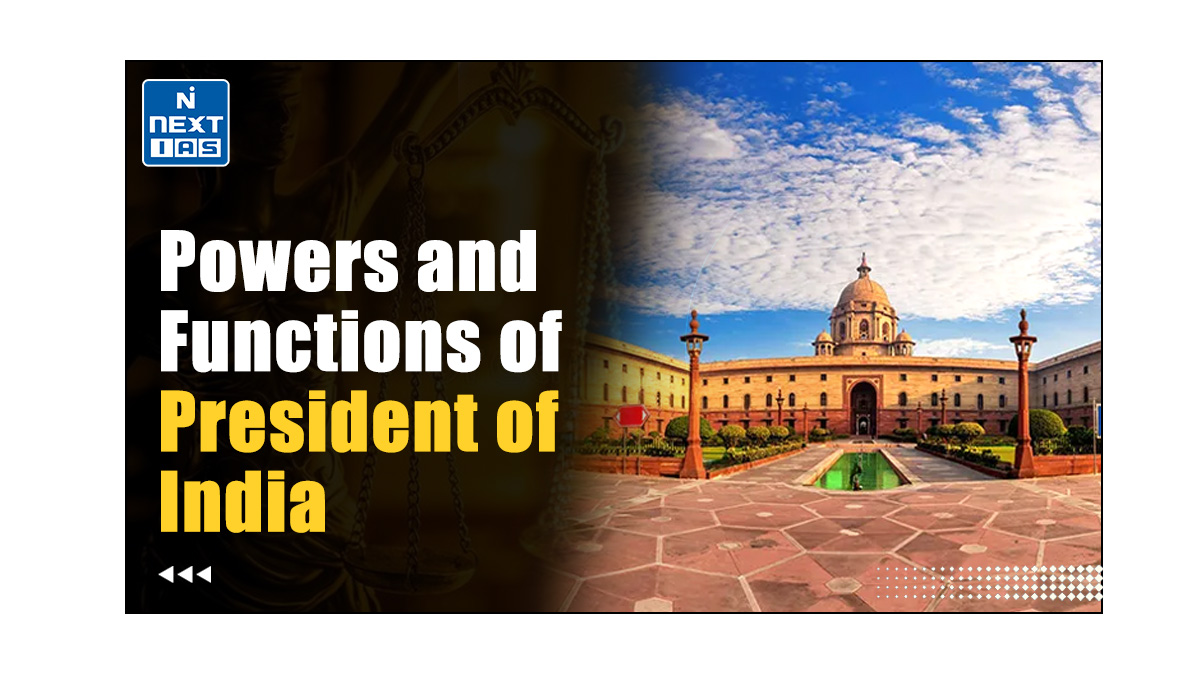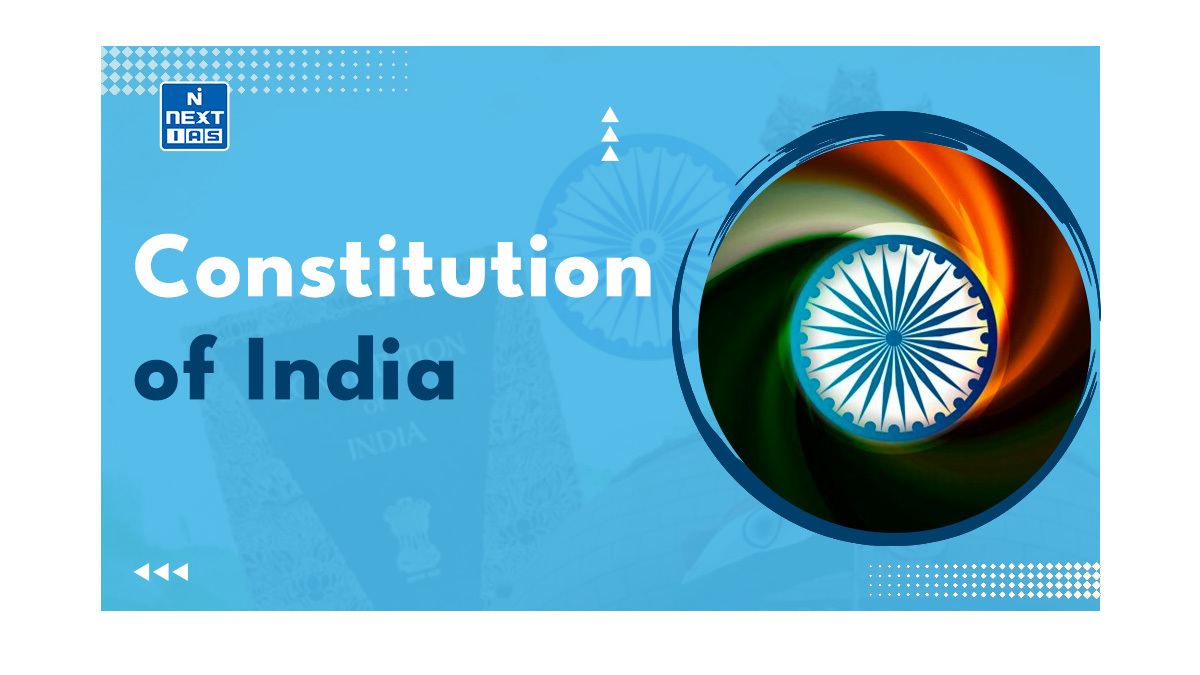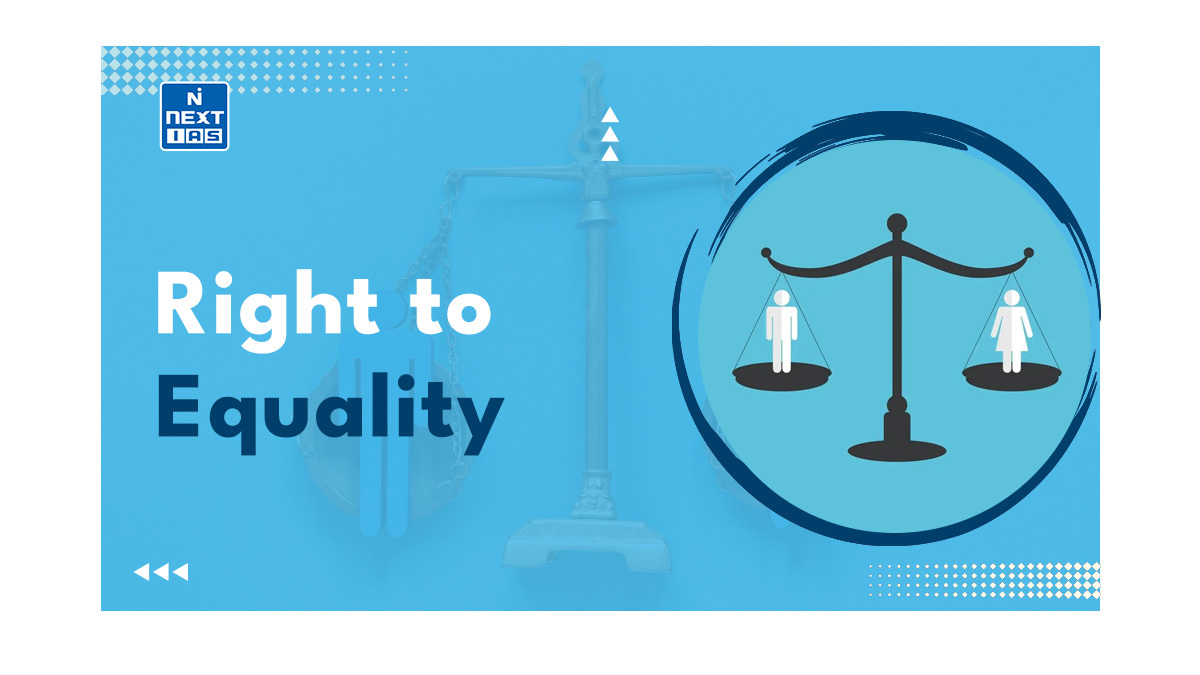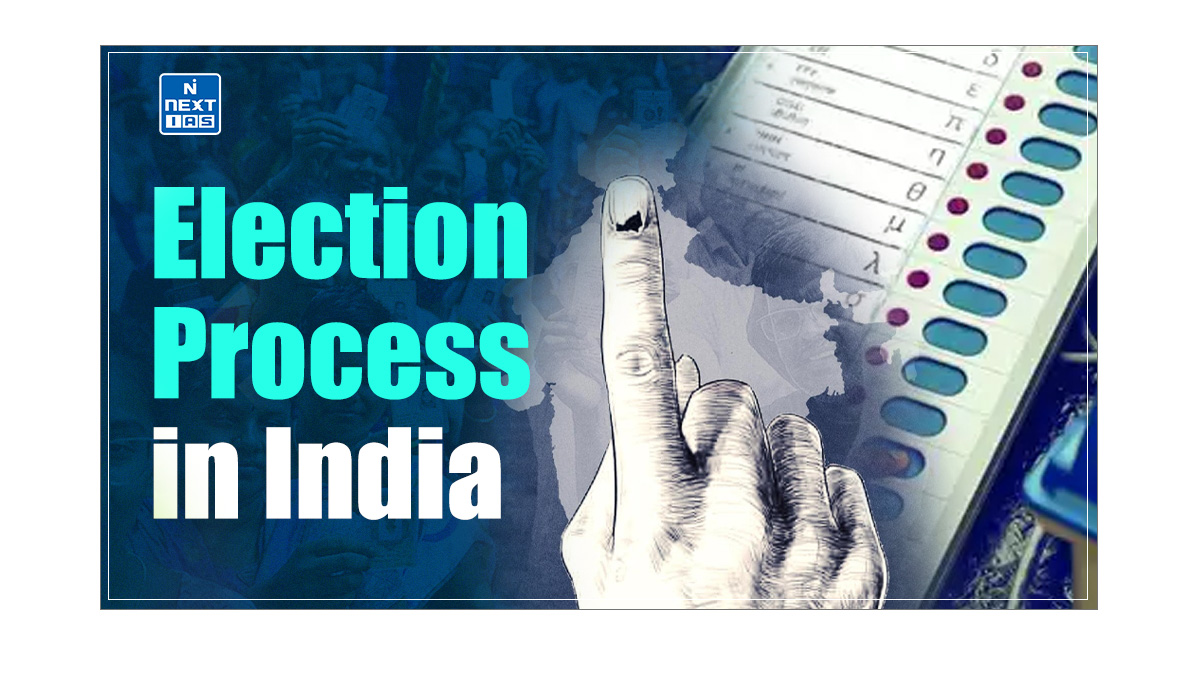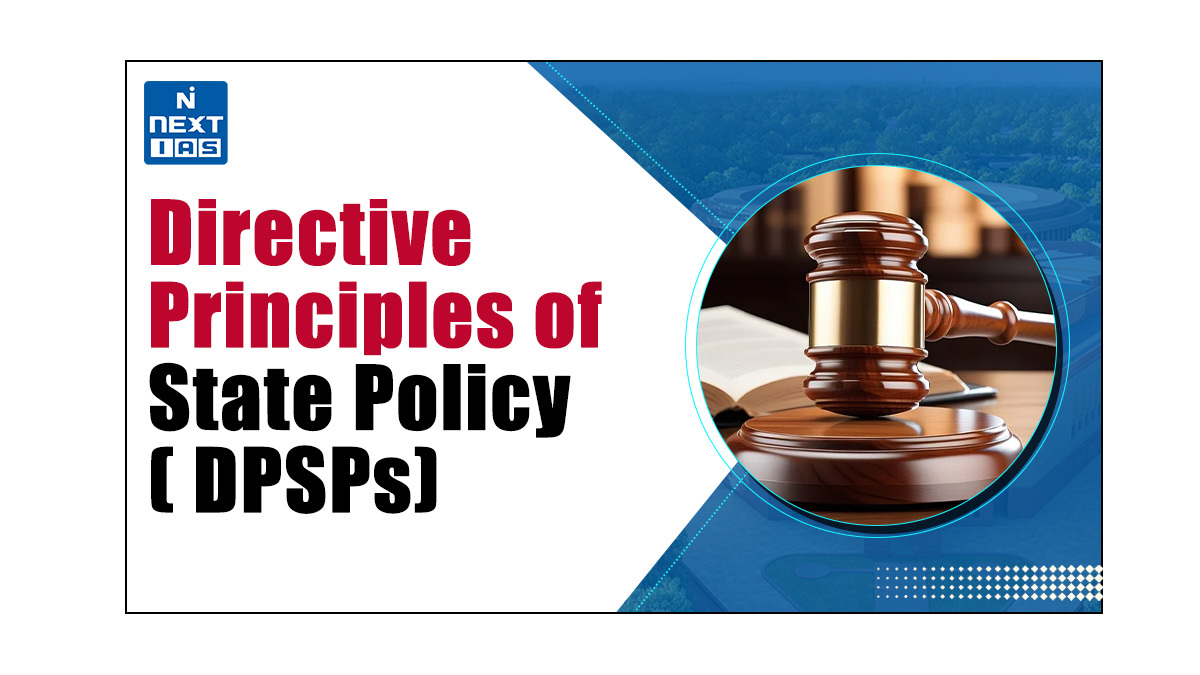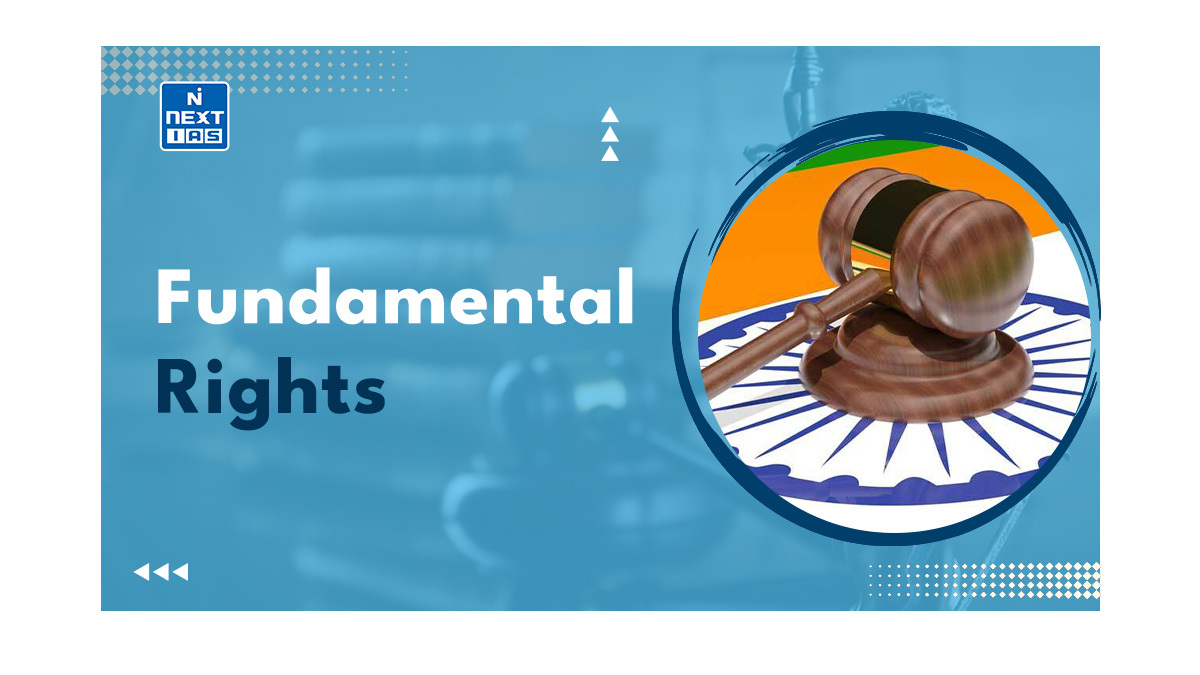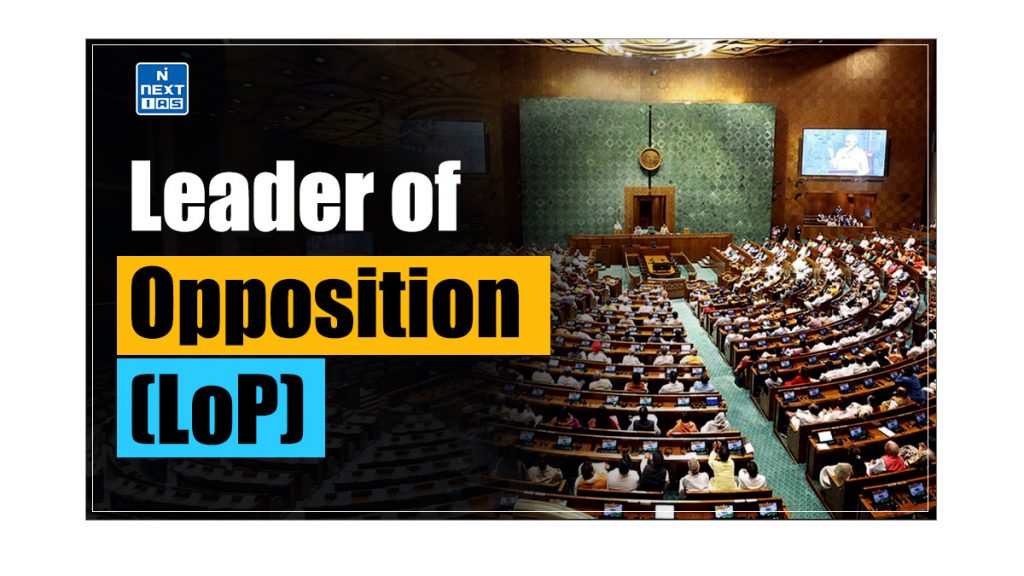
The ‘Leader of Opposition (LoP)’ plays a vital role in the functioning of parliamentary democracy in India. By providing a structured and formalized counterbalance to the ruling government, he/she is crucial for promoting government accountability and transparency. This article aims to study in detail the Leader of Opposition (Leader of Opposition (LOp)’ in each House), its meaning, roles, responsibilities, and significance in strengthening democratic governance.
Meaning of Leader of Opposition
- In the Indian parliamentary system, the ‘Leader of Opposition (LoP)’ is a member of the Parliament, representing the largest opposition party or coalition (i.e. the party or coalition not in the government).
- The ‘Leader of Opposition’ is responsible for leading the Opposition party’s efforts to critique and scrutinize the government, offering alternative policies, and ensuring a robust debate on legislative matters.
| Note: Given the crucial role performed by the Leader of the Opposition, Ivor Jennings described him/her as the ‘Alternative Prime Minister’. |
Leader of Opposition in India
In the Indian Parliamentary System, there is a ‘Leader of Opposition (LOp)’ in each House of the Parliament – the Lok Sabha and the Rajya Sabha.
Leader of Opposition in Lok Sabha
- The ‘Leader of the Opposition’ in Lok Sabha refers to the member of the Lok Sabha who is, for the time being, the Leader in that House of the party in opposition to the government having the greatest numerical strength and recognized as such by the Speaker of the Lok Sabha.
- The ‘Leader of the Opposition’ in Lok Sabha leads the opposition parties in debates, discussions, and questioning of the government’s actions in the Lok Sabha while providing an alternative perspective on policy decisions.
Leader of Opposition in Rajya Sabha
- The ‘Leader of the Opposition’ in Rajya Sabha refers to the member of the Rajya Sabha who is, for the time being, the Leader in that House of the party in opposition to the government having the greatest numerical strength and recognized as such by the Chairman of Rajya Sabha.
- The ‘Leader of the Opposition’ in Rajya Sabha leads the opposition parties in debates, discussions, and questioning of the government’s actions in the Rajya Sabha while providing an alternative perspective on policy decisions.
| Note: The office of the Leader of the Opposition is not mentioned in the Constitution of India, but is mentioned in the Parliamentary Statute (Salary and Allowances of Leaders of Opposition in Parliament Act, 1977). |
| Note: The ‘Leader of the Opposition’ in the USA is known as the ‘Minority Leader’. |
Criteria for Recognizing Leader of Opposition
- As per the Salary and Allowances of Leaders of Opposition in Parliament Act, 1977, the Presiding Officer of a House recognizes the leader of the party in opposition to the government having the greatest numerical strength in that house.
- According to the directions issued by the Presiding Officers of both houses, the minimum numerical strength required for recognition as a political party is one-tenth of the total membership of the respective House.
- It means that the leaders of only such a political party that has a numerical strength of at least one-tenth of the total membership of a house are eligible to become the ‘Leader of the Opposition’.
- In cases where two or more parties in opposition to the government have the same numerical strength, the Presiding Officer can recognize any of the leaders of such parties as the ‘Leader of the Opposition’.
- Such recognition by the Presiding Officer shall be final and conclusive.
Role of Leader of Opposition in India
The Leader of the Opposition in India plays a significant role in the parliamentary system which can be seen as follows:
- To provide constructive criticism of government policies, decisions, and actions, ensuring accountability and transparency in governance.
- To offer alternative policies and perspectives, enriching parliamentary debates and discussions.
- To provide an alternative government i.e. being ready to form an alternative government.
- It is pretty much this role that made Ivor Jennings describe the Leader of Opposition as the ‘Alternative Prime Minister’.
- To lead the opposition parties in debates, discussions, and during the legislative process.
- To act as a bridge and facilitate communication between the government and opposition, striving for consensus on critical issues.
- To maintain the checks and balances in the parliamentary system and ensure robust democratic discourse.
- To uphold democratic principles by ensuring robust debate, defending minority rights, and promoting democratic norms.
- To influence the legislative agenda and shape public opinion through his/her speeches and interventions.
Status of Leader of Opposition in India
- The office of the Leader of Opposition is not mentioned in the Constitution of India. Thus, it is not a constitutional position.
- The office of the Leader of Opposition in Lok Sabha and the Rajya Sabha was accorded statutory recognition in 1977 under the Salary and Allowances of Leaders of Opposition in Parliament Act, 1977.
- Thus, the office of the Leader of Opposition is a statutory position.
- The rank of the Leader of Opposition in the Lok Sabha and the Rajya Sabha is equivalent to that of a Cabinet Minister.
- Hence, they are also entitled to a salary, allowances, and other facilities similar to that of a Cabinet Minister.
| Note: An official ‘Leader of Opposition’ was recognized for the first time in the year 1969 in the Parliament of India. |
Significance of Leader of Opposition in India
The Leader of the Opposition in India holds significant importance in the parliamentary system as explained below:
- Checks and Balances – The Leader of the Opposition provides a formal and structured opposition to the ruling government, scrutinizing policies, decisions, and actions. This helps in holding the government accountable and ensuring transparency.
- Alternative Policies – The Leader of the Opposition contributes to a comprehensive debate on legislative matters by presenting alternative policies and perspectives. This enriches the decision-making process and offers citizens different governance options.
- Guardian of Minority Rights – The Leader of the Opposition safeguards the interests of minorities and those who did not vote for the ruling party, ensuring that their concerns are addressed in Parliament.
- Committee Leadership – The Leader of the Opposition plays a crucial role, providing oversight and ensuring balanced representation in committee deliberations in parliamentary committees.
- Parliamentary Procedure – The Leader of the Opposition helps maintain decorum and uphold parliamentary procedures during debates and discussions, ensuring orderly conduct in the House.
- Acting as Bridge – The Leader of the Opposition acts as a bridge between the government and opposition parties, facilitating dialogue and negotiation on critical legislative issues.
- Strengthening Democracy – The role of the Leader of the Opposition enhances the functioning of a democratic system by promoting accountability, fostering debate, and ensuring that decisions reflect diverse societal interests.
Conclusion
The ‘Leader of the Opposition’ holds a pivotal position in the Indian parliamentary system, serving as a crucial counterbalance to the ruling government. By providing constructive criticism, offering alternative policies, and ensuring the representation of diverse viewpoints, the Leader of the Opposition plays a vital role in the democratic process. This position enhances the integrity and accountability of the government, fosters informed debate, and upholds the principles of a vibrant democracy, ensuring that the legislative process remains robust and reflective of the nation’s varied interests.
Shadow Cabinet
- The British political system has a unique institution called the ‘Shadow Cabinet’.
- The ‘Shadow Cabinet’ is formed by the Opposition party to balance the ‘Ruling Cabinet’ and to prepare its members for future ministerial offices.
- The ‘Shadow Cabinet’ is named so because it ‘shadows’ almost every member in the Ruling Cabinet by a corresponding member in the Opposition Cabinet.
- If there is a change of the government, this ‘Shadow Cabinet’ serves as the ‘Alternate Cabinet’.
- That is why Ivor Jennings described the ‘Leader of the Opposition’ as the ‘Alternative Prime Minister’.
Frequently Asked Questions (FAQs)
What is the role of the Lok Sabha Leader of Opposition?
The primary role includes providing constructive criticism of the government, representing alternative policies, and ensuring the government’s accountability.
Who is the Leader of the Opposition?
The Leader of the Opposition in the Lok Sabha is the head of the largest political party in the Lok Sabha that is not in government.
Is Leader of Opposition a Cabinet rank?
Yes, the Leader of the Opposition in India is accorded the status and rank equivalent to that of a Cabinet Minister.
Who is the present Leader of Opposition in the Lok Sabha?
Rahul Gandhi is the present Leader of Opposition in the Lok Sabha.
Is the Leader of Opposition a constitutional post?
No, the Leader of Opposition is not a constitutional post; it is a statutory post defined under the Salary and Allowances of Leaders of Opposition in Parliament Act, 1977.
Who was the first Leader of Opposition in the Lok Sabha?
Ram Subhag Singh was the first Leader of Opposition in the Lok Sabha (1969–1971).
Where does the Leader of Opposition sit in the Lok Sabha?
The Leader of Opposition sits on the front bench of the opposition side, directly facing the Prime Minister and the ruling party members.
How is the Leader of Opposition chosen in India?
The Leader of Opposition is elected by the largest opposition party in the Lok Sabha or Rajya Sabha. However, the party must have at least 10% of the total seats to claim the post officially.
